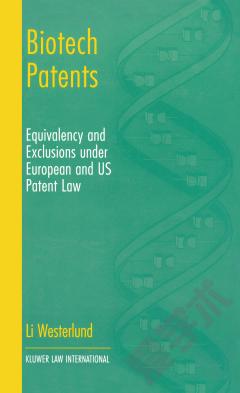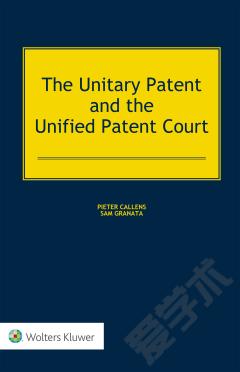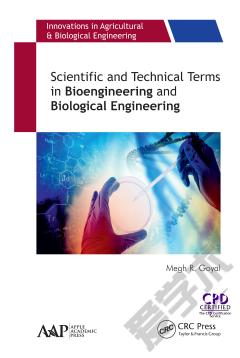Biotech Patents —— Equivalence and Exclusions under European and U.S. Patent Law
----- 生物技术专利:欧洲与美国专利法的等同与排除
Biotechnological inventions and patents-this issue not only challenges law, but is also the focus of much debate. How are biotech inventions patentable? How do we apply existing legal concepts to new complex biological phenomena? How do we claim to have invented something when it already exists in nature and is actually a concept that has only just been discovered? How do we manage practical and legal problems related to the disclosure of biotechnological inventions and the protection of equivalent solutions?By examining the clash between biological and technological realities with legal approaches and concepts, the author develops a patent law theory with respect to biotechnological inventions. This volume presents a comprehensive theory for grasping the substantive law suitable for biotechnology.The author's focus is on the scope of patents and the subsequent requirements for granting a patent and determining infringement when applied to biotechnology. Other issues discussed include mandated exclusions from patentability under the European patent laws of categories of plant and animal subject matter and certain biological processes.The text explores modem patent law issues, including theory and practice, with respect to the EPC, in the U.K., Germany, and the United States. Practitioners, legislators, theorists, and anyone working to assess the implications of modem biotechnology, and curious about patents and patentability, will benefit from this volume.Li Westerlund is an intellectual property and patent attorney focusing on procuring patents, patent litigation, technology licensing, bioinformatics, and other areas of intellectual property law. Dr. Westerlund is a prolific speaker and author, having published numerous articles and chapters in the patent-legal and related fields and articles on patent law and environmental law.
{{comment.content}}








 京公网安备 11010802027623号
京公网安备 11010802027623号